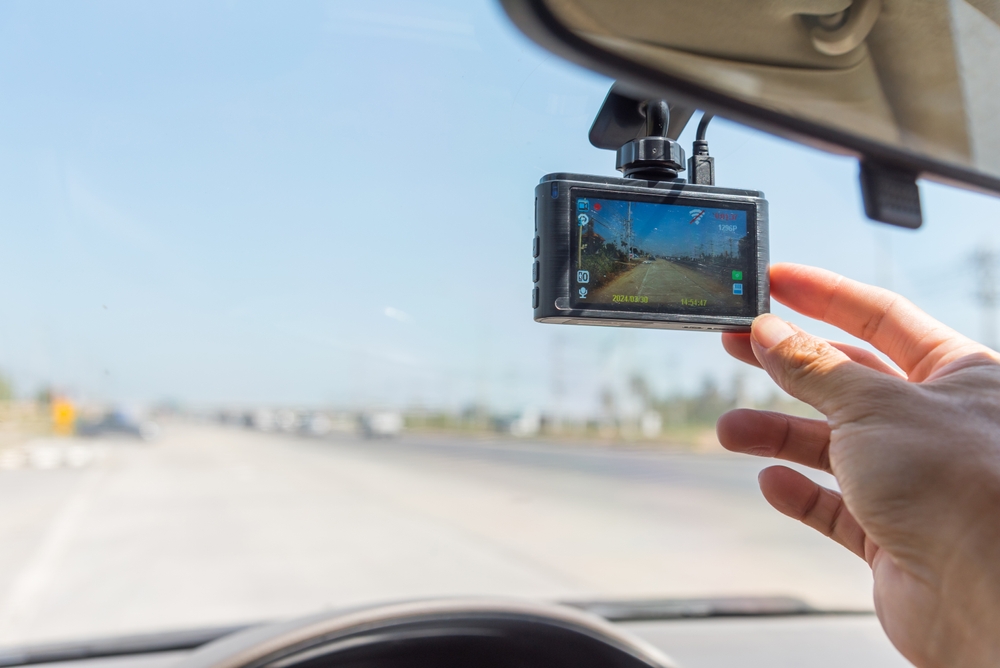Vehicle Event Data Recorders (VEDRs), commonly known as “black boxes,” play a critical role in vehicle accident investigations. These devices collect a variety of data that can provide a detailed account of the moments leading up to, during, and immediately after a collision.
In Florida, the use of data from VEDR in accident cases has become increasingly important in establishing fault. Top auto accident attorneys in Florida utilize this data with the help of accident reconstruction experts to prove liability and recover maximum compensation from the insurance company and the defendants.
What are Vehicle Event Data Recorders (VEDRs)?
VEDRs are electronic devices installed in vehicles that record various operational parameters and driver inputs. Initially designed for monitoring airbag deployment, modern VEDRs capture a wide range of data that can be pivotal in accident reconstruction.
Types of Black Box Data in Car Accidents
Car accident VEDR data typically includes:
- Speed: Vehicle speed before and during the collision.
- Brake Usage: Information on whether and how forcefully brakes were applied.
- Seatbelt Status: Whether occupants were wearing seatbelts.
- Throttle Position: The degree to which the accelerator pedal was pressed.
- Steering Input: Directional steering inputs made by the driver.
- Airbag Deployment: Timing and deployment status of airbags.
- Impact Force: The force of the impact during the collision.
This data is invaluable for reconstructing the events leading up to an accident and understanding the dynamics of the crash.
Legal Aspects of Using VEDR Data in Accident Investigations in Florida
In Florida, using VEDR data for car accident evidence is subject to specific regulations. Florida Statute §316.1933(4) provides that VEDR data can be used as evidence in both criminal and civil cases. However, the data is considered the property of the vehicle owner or lessee. Therefore, obtaining VEDR data typically requires consent from the vehicle owner or a court order. This legal framework ensures that VEDR data is collected and used appropriately, respecting the rights and privacy of vehicle owners.
The Role of VEDRs in Determining Liability and Fault
VEDR data plays a crucial role in determining liability and fault in vehicle accidents. By analyzing data such as speed, braking, and steering inputs, accident investigators can establish whether a driver was speeding, failed to brake in time, or made abrupt maneuvers that contributed to the accident. This objective data can corroborate or contradict witness statements and provide a clear picture of the driver’s actions, aiding in the fair determination of fault.
Privacy Considerations and Regulations Involving VEDR Data
While VEDR data is instrumental in accident investigations, it also raises privacy concerns. The data collected by VEDRs is considered private information of the vehicle owner. As such, accessing this data without proper authorization can constitute a violation of privacy rights. Florida law mandates that vehicle owners must consent to the retrieval of VEDR data, or it must be obtained through a court order. This ensures a balance between leveraging technology for justice and safeguarding individual privacy.
How a Personal Injury Lawyer in Florida Can Help Navigate VEDR Data Collection and Analysis
Personal injury lawyers in Florida are skilled at performing VEDR data collection and analysis with the help of accident reconstructionists. They can:
Obtain Authorization: Secure the necessary consents or court orders to access VEDR data.
Data Analysis: Collaborate with forensic and accident reconstruction experts to interpret the data accurately.
Use in Litigation: Strategically use the data to build a compelling case, whether negotiating settlements or presenting in court.
Steps in Using VEDR Data in a Personal Injury Case in Florida
- Identify Data Availability: Determine if the vehicle involved is equipped with a VEDR.
- Secure Authorization: Obtain the vehicle owner’s consent or a court order to access the VEDR data.
- Retrieve Data: Engage a qualified technician to download the data from the VEDR.
- Analyze Data: Work with forensic and accident reconstruction specialists to interpret the data in the context of the accident.
- Incorporate Findings: Integrate the data analysis into the overall case strategy.
- Present Evidence: Use the VEDR data to substantiate claims and defenses in negotiations, mediations, or court proceedings.
Potential Challenges and Solutions When Using VEDR Data
Challenges
- Data Access: Obtaining consent or a court order can be time-consuming.
- Data Interpretation: Analyzing VEDR data requires specialized expertise.
- Data Reliability: Ensuring the data has not been tampered with or corrupted.
Solutions
- Legal Expertise: Engage experienced personal injury lawyers to expedite the authorization process.
- Forensic Collaboration: Work with skilled forensic analysts to accurately interpret the data.
- Chain of Custody: Maintain a strict chain of custody to ensure data integrity.
1-800-Injured is a lawyer and medical referral directory with a network of healthcare providers and personal injury attorneys. We can connect clients with proven and experienced lawyers for personal injury claims. Call 1-800-Injured today at 888-530-7475 or contact us online.



